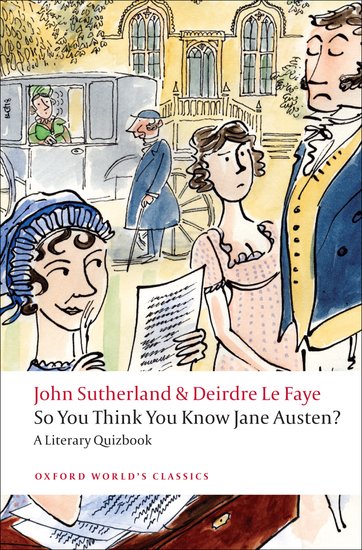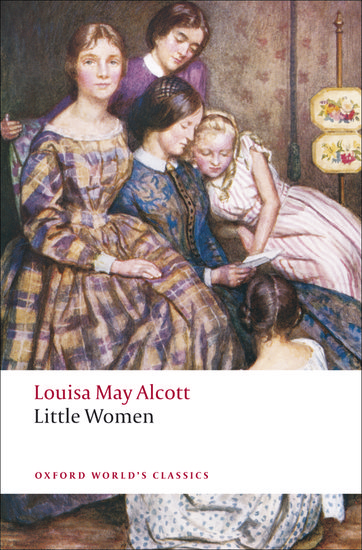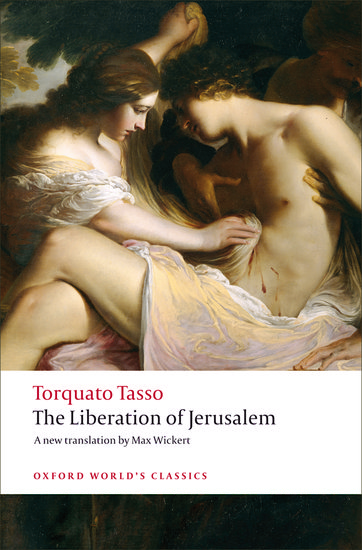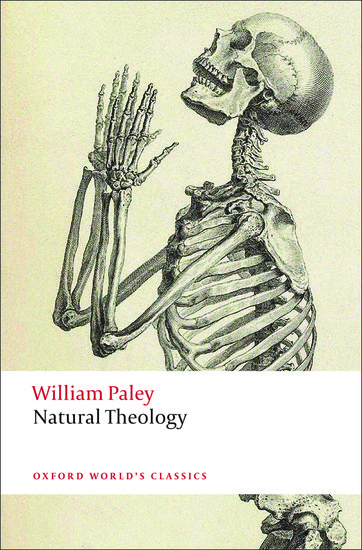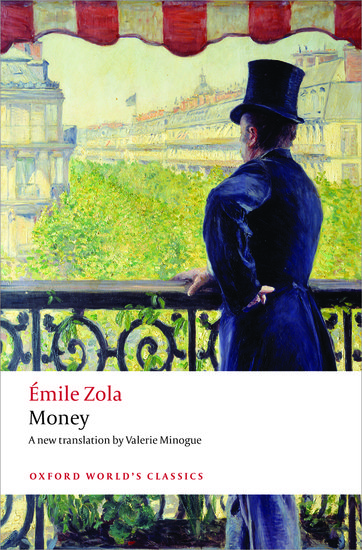10 questions for Garnette Cadogan
On Tuesday 19 August 2014, Garnette Cadogan, freelance writer and co-editor of the forthcoming Oxford Handbook of the Harlem Renaissance, leads a discussion on Frederick Douglass’s Narrative of the Life of Frederick Douglass, an American Slave.Each summer, Oxford University Press USA and Bryant Park in New York City partner for their summer reading Word for Word Book Club.



